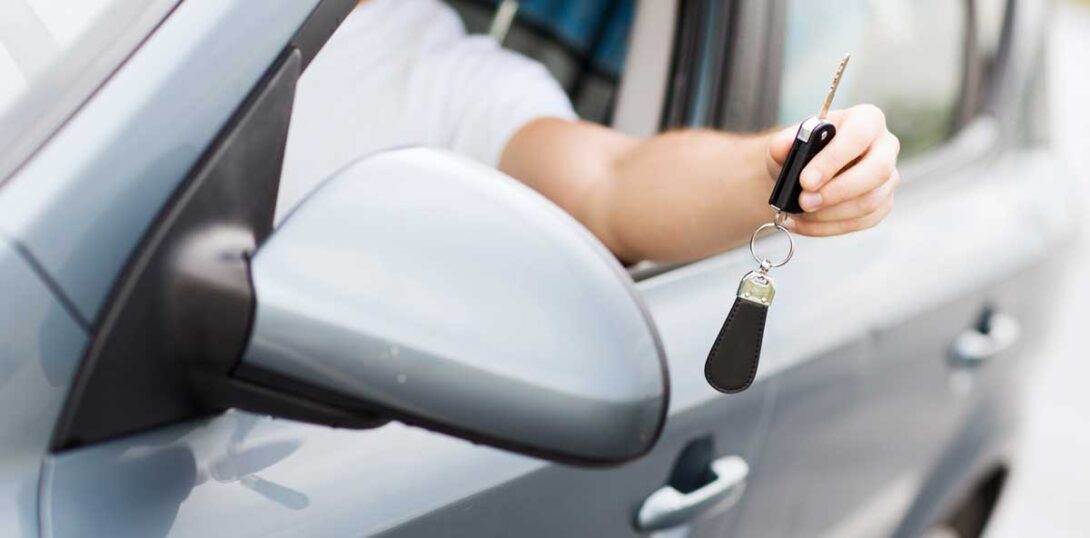Should You Lease a New Car?
The lease vs. buy a car debate has been a long-running one, with most financial advisers coming down on the side of purchasing a car as a better financial deal. After all, leases have restrictions and at the end of the lease, you own nothing; with a new car purchase, you have something to show for it.
But the question of leasing a car is not quite so simple. There are some advantages of leasing a car that are worth considering when you’re deciding between a new car and a lease.
Buying a new car can be an advantage—but with a few big “ifs.” If you are willing to pay higher monthly payments, you can end up with a car that won’t be requiring major repair bills for several years. Newer cars are also generally more fuel-efficient, and fuel savings over time can add up significantly.
However, there is the problem of appreciation, one of the biggest arguments against purchasing a new car. The average new car depreciates a whopping 20% in the first 12 months of ownership, meaning you can become upside down on a loan pretty quickly if you owe more than the car is worth.
So what makes leasing a worthwhile option?
- You can walk out of a dealership with a new car for less. Unlike many new car loans, leases don’t require a downpayment.
- Your monthly payments will be lower. The average new car lease is $450 a month, while the average monthly car loan payment is $554.
- Repair costs will be lower (or nonexistent) because a new-car factory warranty will cover most repairs.
- It’s less hassle to transition to a new car at the end of a lease vs. try to sell a used car or deal with trade-ins.
- You’ll save significantly on sales tax as you are not paying tax on the total price of the car.
- Newer vehicles tend to have greater fuel efficiency, which can create savings on gas spending.
Leasing Drawbacks
- Even after making monthly payments, you won’t own the car outright.
- Mileage is limited each year (typically 12,000 per year, with extra overage charges).
- Surprising fees for extra wear and tear and terminating your lease early can add up quickly.
Conclusion
If you are intent on a new car every 2 to 3 years, a lease is the better option.
If you intended to drive a car long term, buying is the less expensive option over time.
When it comes to making any major life decision with a dollar sign attached to it, Aspen Wealth Strategies can help you protect your cash flow, save money, and set a course for building wealth. Contact us to help you reach your financial goals and dreams.
